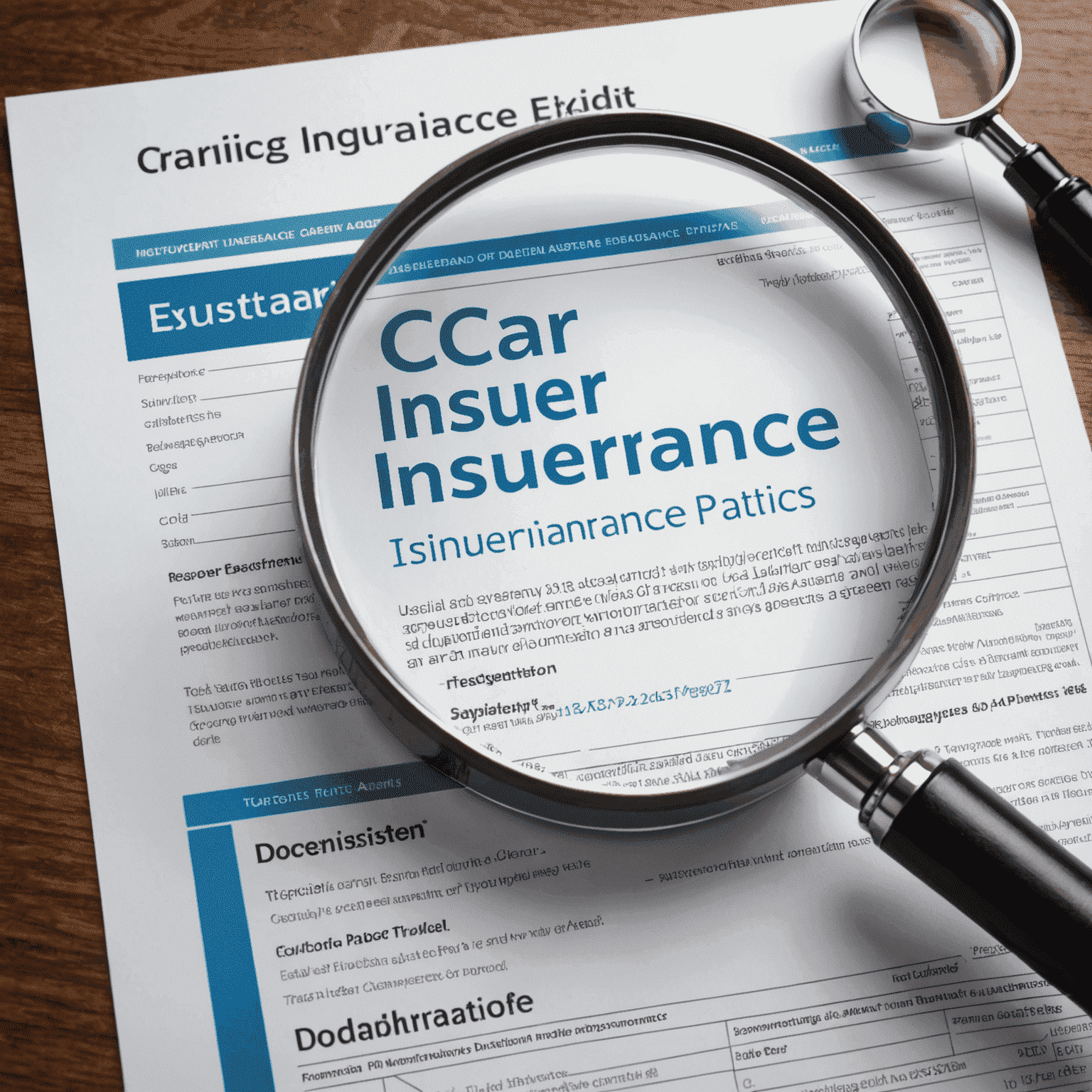Understanding Policy Terms: Navigating Car Insurance Complexities

Choosing the right car insurance policy can be overwhelming, especially when faced with unfamiliar terms and conditions. Let's break down some common policy terms to help you make an informed decision about your car insurance.
Key Terms in Car Insurance Policies
1. Premium
Your premium is the amount you pay to your insurance company for coverage. It can be paid monthly, quarterly, or annually. Factors affecting your premium include your driving history, the type of car you drive, and your chosen coverage limits.
2. Deductible
The deductible is the amount you agree to pay out of pocket before your insurance coverage kicks in. Generally, choosing a higher deductible can lower your premium, but it means you'll pay more in the event of a claim.
3. Liability Coverage
This is the basic coverage required by law in most provinces. It covers damages or injuries you may cause to others in an accident. It's often expressed as three numbers, such as 100/300/100, representing thousands of dollars in coverage for bodily injury per person, bodily injury per accident, and property damage.
4. Comprehensive Coverage
Comprehensive coverage protects your vehicle from non-collision related incidents such as theft, vandalism, fire, or natural disasters. It's optional but often recommended, especially for newer or more valuable vehicles.
5. Collision Coverage
This covers damage to your car resulting from a collision with another vehicle or object, regardless of who's at fault. Like comprehensive coverage, it's optional but often required if you're financing or leasing your vehicle.

6. No-Fault Insurance
In some provinces, no-fault insurance means that your own insurance company will pay for your medical expenses and lost wages after an accident, regardless of who caused it. This system aims to reduce legal disputes and speed up claim processes.
7. Endorsements
Also known as riders, endorsements are additions or modifications to your basic policy. They can provide extra coverage for things like rental car reimbursement or coverage for custom equipment.
Understanding Your Policy
When reviewing your car insurance policy, pay close attention to:
- Coverage limits: Ensure they're adequate for your needs and legal requirements.
- Exclusions: Know what isn't covered by your policy.
- Claims process: Understand how to file a claim and what documentation you'll need.
- Renewal terms: Be aware of when and how your policy renews.
Remember, your insurance needs may change over time. It's a good idea to review your policy annually and adjust your coverage as necessary. Don't hesitate to ask your insurance provider for clarification on any terms or conditions you don't understand.
Conclusion
Understanding the terms and conditions of your car insurance policy is crucial for ensuring you have the right coverage for your needs. By familiarizing yourself with these common terms, you'll be better equipped to choose the best car insurance policy and make informed decisions about your coverage.
At Zyffo, we're committed to helping you navigate the complexities of car insurance. If you have any questions about policy terms or need assistance in choosing the right coverage, our team of experts is here to help.